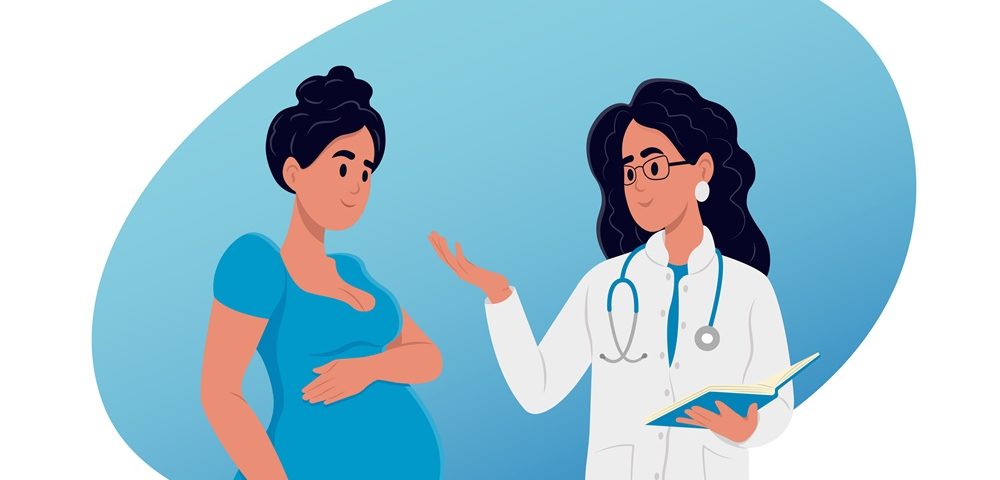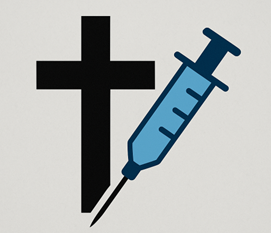
New Jersey Stakes its Claim in Arbitration Clauses
August 28, 2025
The EEOC Renders Decisions in three significant cases on religious discrimination and pregnancy discrimination
September 25, 2025By Ty Hyderally, Esq. and Kenny Delgado
August 27, 2025
In 2024, New York State passed the Paid Prenatal Leave Law, an amendment to Labor Law Section 196-b, that requires private employers to provide paid time off for employees to attend pregnancy-related medical appointments. This law is a step towards protecting women from workplace discrimination by protecting reproductive health. The law provides for 20 hours of leave for use during prenatal appointments and when seeking health care services related to pregnancy.
However, the law that specifically benefits a class may also create concerns regarding privacy. This is so because the law that was designed to help pregnant employees, requires the employee to disclose the fact that she is pregnant to her employer. Many employees are concerned that disclosure of such personal information can lead to increased risk of discrimination in the workplace. Further, many people do not want to disclose the fact they are pregnant until they are out of the First and sometimes even Second Trimester. Such a failure to disclose could result in the person not being able to take leaves that were designed specifically for them and also gain protections that were specifically designed for them.
The Protections Available
Although there are protections available in New York State and New York City laws against discrimination, there are also federal protections available for pregnant employees. Discrimination based on sex is unlawful pursuant to Title VII of the Civil Rights Act of 1964 and discrimination based on disability is unlawful pursuant to the Americans with Disabilities Act. These two statutes create protections on the federal level. The Equal Employment Opportunity Commission (EEOC) enforces these two laws as an executive office tasked with employee protections. And, of course, there is the federal Pregnancy Discrimination Act, that offers robust protections.
On the state level, New York has robust laws that serve to prevent pregnant employees from facing discriminatory and retaliatory action from an employer. Section 296 of Article 15 of New York’s executive law code is known as the New York State Human Rights Law (“Human Rights Law”). This law has been interpreted to mean that the needs of a person who is pregnant or who just gave birth must be treated the same as any employee with medical needs. The Human Rights Law prohibits adverse action against an employee due to pregnancy and requires that pregnancy-related conditions be kept confidential by the employer with regard to not disseminating the information to those who have no need to know the information.
The Human Rights Law ensures that pregnant employees receive the right to reasonable accommodation. This guarantee was made explicit in 2015 when the New York Legislature added the definition of “pregnancy-related condition” to the law meaning that pregnant persons do not need to meet a definition of disability to be protected but rather are automatically protected due to their pregnancy.
The fear of becoming vulnerable to pregnancy discrimination can be overwhelming. Although the State of New York created something that can serve as a platform for other states with its Prenatal Care Leave Law, the established law and protections in the state must be followed and adhered to by employees for such laws to be effective in protecting employee rights. If you believe that you have been subject to pregnancy discrimination you may be in need of legal support. If you have any questions regarding your rights as an employee, you should seek out an experienced attorney who concentrates in employment law. Our firm has been concentrating in employment law for over twenty-two (22) years!
En nuestra firma hablamos español. This blog is for informational purposes only. It does not constitute legal advice and may not reasonably be relied upon as such. If you face a legal issue, you should consult a qualified attorney for independent legal advice regarding your particular set of facts. This blog may constitute attorney advertising. This blog is not intended to communicate with anyone in a state or other jurisdiction where such a blog may fail to comply with all laws and ethical rules of that state or jurisdiction.


